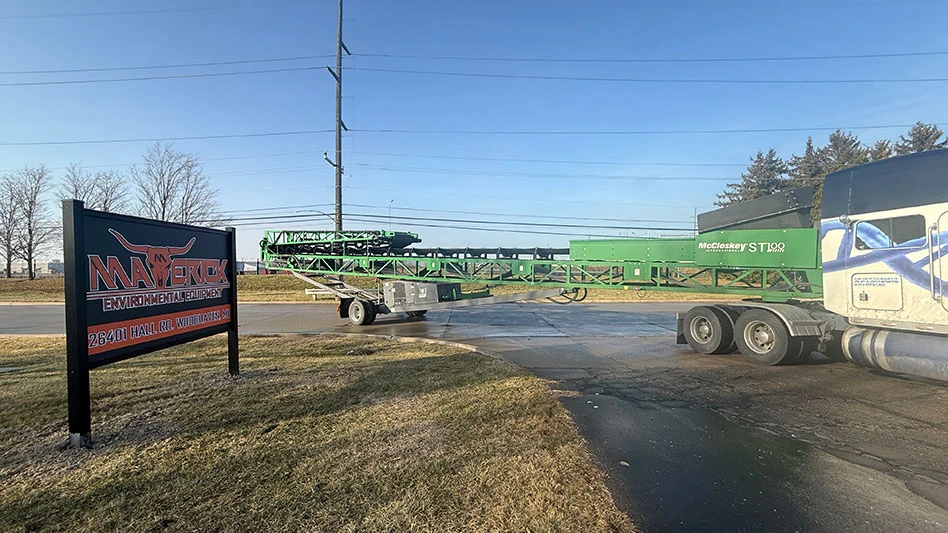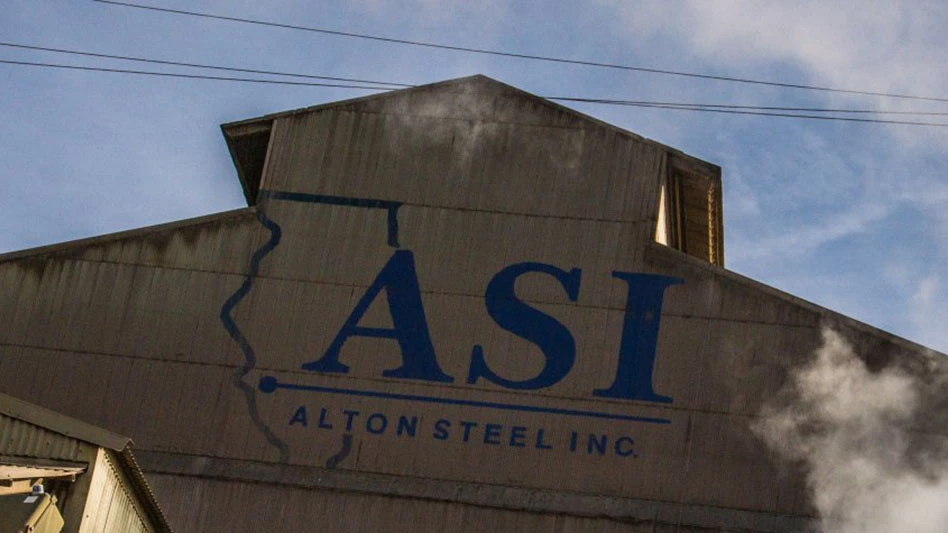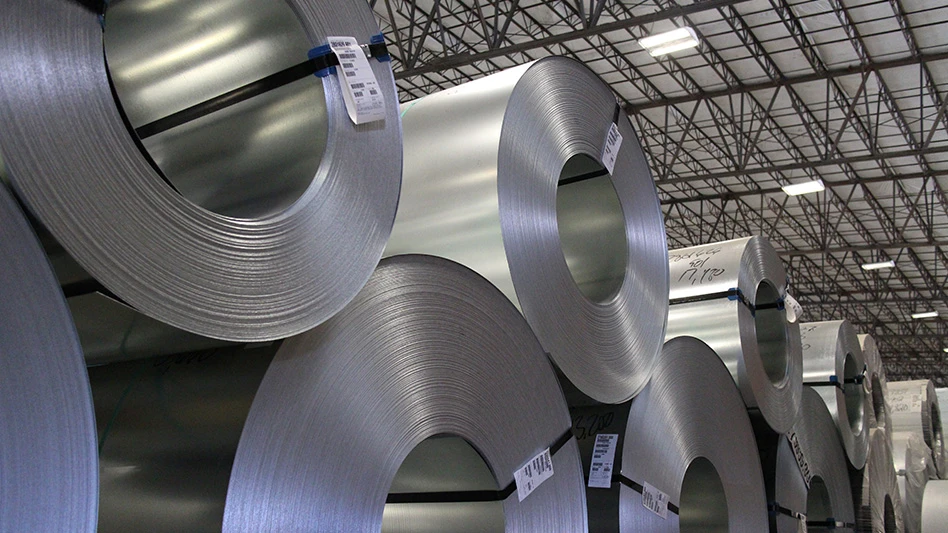
Sodel Vladyslav | stock.adobe.com
Expanded polystyrene (EPS) is a lightweight, versatile material used in packaging, insulation, industrial and consumer goods. Despite its recyclability, misconceptions often categorize EPS alongside nonrecyclable single-use plastics, limiting its role in waste management solutions.
EPS has a robust recycling network of over 680 drop-off locations across the United States, designed to collect, densify and transform the material into reusable products. However, misinformation, including confusion between EPS and Styrofoam—a trade name created by Dow for extruded polystyrene—has hindered its integration into mainstream recycling efforts.
For EPS recycling to succeed, businesses and consumers must engage in education, infrastructure expansion, and corporate collaboration to redefine its role within the circular economy.
Bridging the awareness gap
Despite being 98 percent air and 2 percent plastic, EPS often is misunderstood due to its plastic composition and limited curbside recycling availability.

Atlas Molded Products
A key advancement in sustainable material recovery is the increased use of postconsumer resin (PCR), now available with up to 50 percent recycled content. This innovation elevates EPS recycling beyond simple recovery, promoting high-quality reuse and reducing reliance on virgin plastics. Manufacturers incorporating PCR into new EPS products help close the material loop, reinforcing EPS’s role in sustainable product life cycles.
According to Ann Arbor, Michigan-based Resource Recycling Systems (RRS), EPS recycling diverted 168 million pounds of material from landfills in 2022, including 61 million pounds of postconsumer packaging. However, public awareness remains a challenge as many consumers don’t recognize the No. 6 recycling symbol or know where to find drop-off locations. Likewise, businesses lack the strategic partnerships necessary to implement recycling programs.
Boots on the ground
A recent EPS recycling event in Ohio hosted by Atlas Molded Products demonstrated the power of public education and engagement.
The turnout exceeded expectations, with long lines of residents eager to recycle their EPS materials. The event even gained unexpected media attention, highlighting growing interest in sustainable scrap solutions. Many attendees expressed surprise upon learning EPS is recyclable through specialized drop-off programs, reinforcing the need for broader awareness campaigns.
People want to recycle, but they don’t always know how. Seeing the process firsthand changes perspectives.
The success of this event underscores a significant opportunity to replicate similar initiatives nationwide, particularly in regions where EPS recycling infrastructure exists but is underutilized. By partnering with local organizations, businesses and advocacy groups, future events could expand accessibility, increase participation and reshape public perception of EPS recycling.
Corporate engagement as the solution
Corporations play a pivotal role in improving EPS recycling accessibility. Businesses can address misconceptions and scale sustainability initiatives by leveraging existing resources and infrastructure.
Ways they can address EPS recycling accessibility include:
- Investing in local recycling facilities: Expanding EPS drop-off locations through corporate partnerships improves accessibility and public engagement. Many companies actively are rebuilding and expanding recycling infrastructure, collaborating with waste management organizations and local municipalities to establish new recycling hubs and densification sites.
- Adopting internal recycling programs: Businesses generating EPS waste can close the material loop by implementing internal recycling systems that collect, densify and reuse materials. As PCR availability increases, now reaching 50 percent recycled content, companies integrating it into EPS production significantly reduce reliance on virgin plastics, reinforcing circular economy principles while lowering production costs through material reuse.
- Supporting public education: Partnering with nonprofits and advocacy groups to develop educational programs about EPS recyclability broadens public understanding and drives participation. The Crofton, Maryland-based EPS Industry Alliance’s online map simplifies locating recycling drop-off points, helping businesses and consumers identify available infrastructure.
- Promoting densification technologies: Businesses can increase EPS recycling efficiency by investing in densification equipment, which reduces transportation costs, improves storage and streamlines reuse. Educating industries on these technologies enhances sustainability efforts and removes logistical barriers preventing participation.
- Showcasing success stories: Sharing real-world examples of successful EPS recycling initiatives strengthens credibility. Foam Cycle, the first patented foam recycling system designed for municipal drop-off centers, now serves over 30 cities, reaching more than 11.5 million people, according to their latest 2023-2024 reports. Beyond its initial 12-state footprint, Foam Cycle has scaled infrastructure, improved accessibility and strengthened industry partnerships, demonstrating corporate commitment and scalable success. Meanwhile, companies like Atlas Molded Products are advancing EPS recycling, with 16 manufacturing facilities nationwide supporting sustainable waste management.
By prioritizing these initiatives, businesses can position themselves as sustainability leaders while actively contributing to a more efficient recycling system.
Amplifying awareness through collaboration and transparency
The success of EPS recycling depends on collaboration between manufacturers, businesses and consumers. Multimedia campaigns, corporate storytelling and community partnerships can reinforce EPS’s recyclability and broaden public engagement.
Despite manufacturers recycling EPS for years, consumer participation remains underdeveloped. Businesses can reshape perceptions by highlighting contributions to sustainability, including landfill waste reduction, lower transportation emissions and circular economy integration.
Life cycle assessments (LCAs) provide trusted, data-driven insights into environmental impacts, distinguishing genuine sustainability efforts from greenwashing. PIQET and similar tools measuring circularity compare EPS to alternative materials such as paper, pulp and biodegradable options across metrics like energy use, water use and global warming potential.
Companies integrating PCR into EPS production strengthen sustainability efforts by reducing virgin plastic dependency. As LCAs reveal the environmental benefits of recycled content, they act as critical transparency tools, helping businesses differentiate credible sustainability commitments from superficial claims.
The role of EPS in the circular economy
EPS recycling aligns with circular economy principles, ensuring materials are reused to maximize resources and minimize waste. EPS can be repurposed into rigid polystyrene applications, building materials and more, reinforcing its circularity as a sustainable resource when recycled.
EPS rapidly is transitioning from a misunderstood material to a critical component of sustainability initiatives by expanding corporate engagement, addressing recycling gaps and scaling awareness campaigns.
While the infrastructure for EPS recycling already exists, success depends on visibility and accessibility. Public misconceptions must be addressed, corporate initiatives expanded, and industry partnerships strengthened to drive wider adoption and waste reduction. From manufacturers to consumers, stakeholders must collaborate to ensure EPS recycling becomes a standard sustainability practice, integrated into broader environmental goals.
With more than 500 drop-off locations providing the foundation, now is the time to amplify engagement, foster collaboration, and redefine EPS recycling as a key pillar of sustainability progress.
Todd Huempfner is the vice president and general manager of Atlas Molded Products, a manufacturer of high-performance polystyrene for a variety of applications, with more than 28 years of operational and sales leadership experience in the EPS, GPS and copolymer industries. To learn more, visit the Atlas Molded Products website.
Latest from Recycling Today
- Stadler equips Spanish MRF
- SSAB finishes 2025 with decreased revenue
- Vecoplan appoints CFO
- Aurubis raises full-year forecast
- Levitated Metals adds LIBS sorting technology
- Redwood Materials closes on $425M in Series E financing
- Updated: Wieland Chase expands northwest Ohio facility
- Recovered paper traders report lukewarm market





